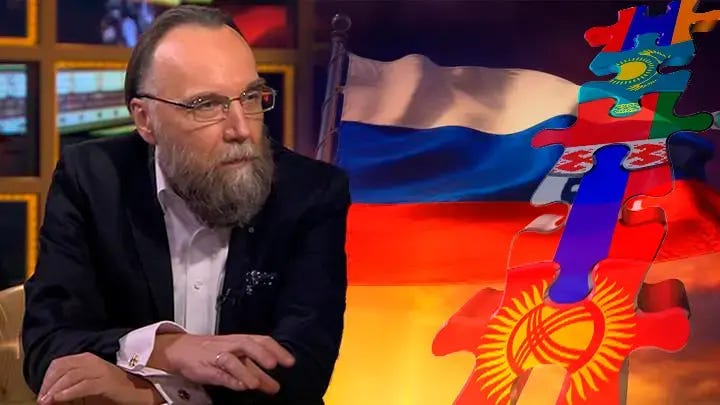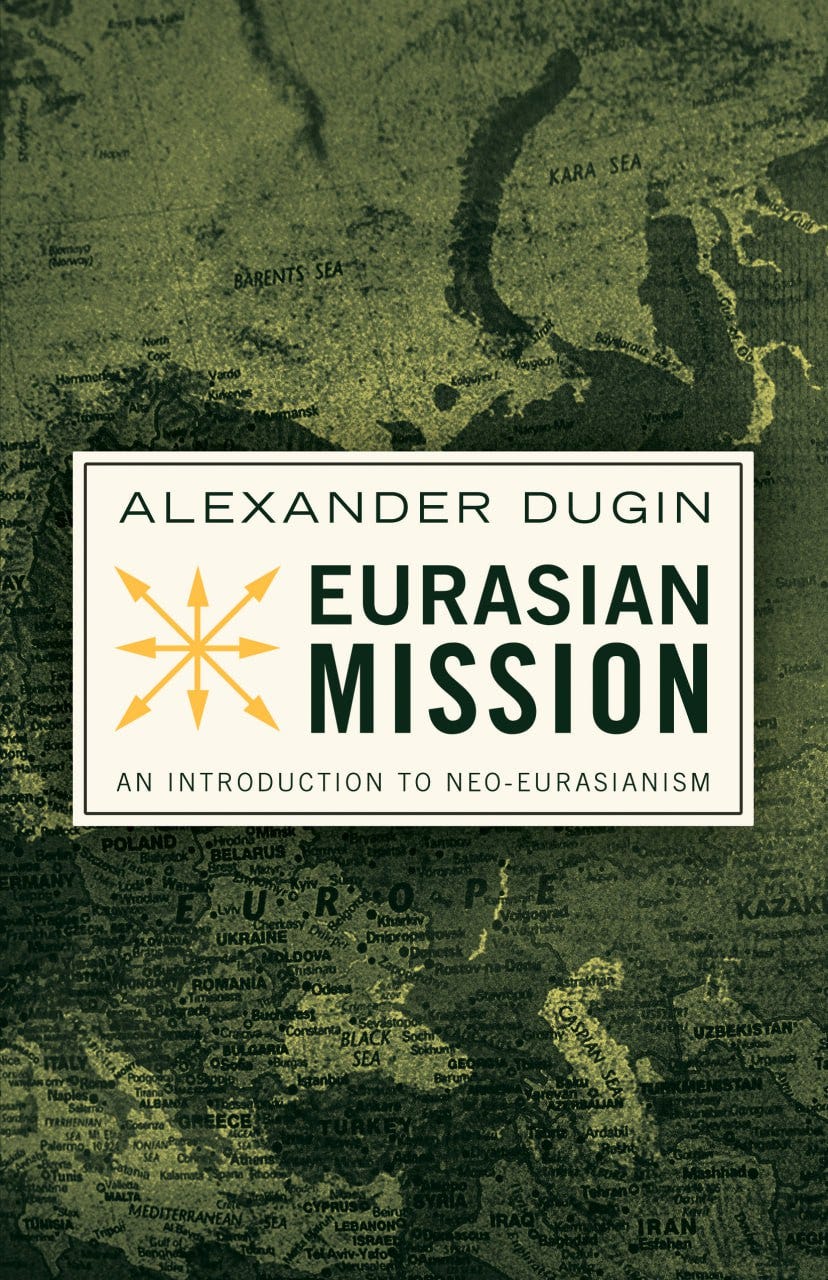Russia’s Failed Eurasian Project
From Putin’s vision to bureaucratic betrayal
Alexander Dugin argues that twenty-five years of neglect, incompetence, and sabotage have turned Putin’s vision of Eurasian integration into disintegration, demanding a complete strategic reset.
The question of our policy in the post-Soviet space requires very serious consideration. Practically from the very moment President Putin came to power twenty-five years ago, he set Eurasian integration as a priority. Yes, the Eurasian Economic Community (EurAsEC) was created and a number of similar initiatives were undertaken. But here is what is striking: if we step back from the routine of current events, then over these twenty-five years this task was not only left unfulfilled but, in fact, the opposite occurred.
We dismantled ties that had persisted, and we failed to maintain our influence in the post-Soviet space. Despite the enormous effort President Putin personally invested to correct the situation, at the institutional level, when matters were passed down to the next tier, everything spun out of control. There was no consistency, no strategy, no consolidation or coordination among ministries and agencies, no systematic use of major private business. In other words, Eurasian integration was effectively left to drift. Different people handled it in different years: sometimes competent, sometimes utterly incompetent.
At this point, I believe it is time to stop debating who was good, who was bad, who did what well, who did what poorly, or to what extent the post-Soviet states themselves were to blame. Because if the President and our society — which undoubtedly needs Eurasian integration, since it is a geopolitical imperative for us if we wish to become a center of a multipolar world — say: “Carry out Eurasian integration,” and yet no one does it, then it means either sabotage, incompetence, or outright subversion. This has gone on for the entire twenty-five years, with roots even earlier.
On our side, at the level of the International Eurasian Movement, which I have headed for more than twenty years, among the public, experts, intellectuals, specialists in political philosophy, geopolitics, and cultural dialogue — we have approached this issue from many directions. We engaged, we organized conferences with different countries, invited representatives of elites, developed strategies, and published numerous books. Every time we encountered complete indifference and unwillingness from those state institutions responsible for Eurasian integration to participate in any way. It felt as if the topic provoked in them a profound aversion. This was repeated again and again, no matter what we did: with Azerbaijan or Kazakhstan, Moldova, or even Belarus. Each time, officials with their attitude and inaction seemed to be saying:
“We don’t need you; everything is under our control.”
Precisely these officials, who repeated this for twenty-five years, have now — if one looks at the real state of affairs — failed completely. Failed at everything. Putin said “integration,” and we got disintegration. Before our eyes, we are losing ties with the last countries that still retain some loyalty and friendship towards us. Not to mention the fact that the Special Military Operation is also a result of failed Eurasian integration.
Of course, there are enemies who are pulling these post-Soviet states away from us. Of course, nationalist and Russophobic processes exist within those countries themselves. One must not ignore this; it is real. But the question is not about them. That is a natural geopolitical consequence of our struggle with the West, of our struggle to strengthen our own sovereignty and agency. This struggle continues, but the way it is being conducted in the post-Soviet space, in my view, deserves a solid, confident failing grade.
The traditional question: what is to be done? It must be acknowledged that a certain transformation of the presidential administration in this respect is already underway. But it is important to frankly admit that what we face is a real catastrophe. The people who for twenty-five years were responsible for integrating the Eurasian space have, in effect, betrayed our president and all of us. Because the result, I repeat, is unsatisfactory: it is a failing grade.
We must now fully focus on developing a new strategy for Eurasian integration. We need to review what resources we have and create interdepartmental commissions that include the security services and, I believe, major Russian business. A comprehensive audit of our Eurasian policy must be carried out, and on that basis we must implement real strategic planning.
Of course, this work must be entrusted to people who have proven their effectiveness. I will not go into the details of administrative processes, but such people exist. It is they who have now been assigned responsibility for Eurasian integration. I believe they will approach the matter in a completely different way. Everything must be carefully thought through, coordinated, and this model built almost from scratch — or even from the negative balance into which we were driven by the previous officials. This must be undertaken in earnest and only afterwards discussed in the press and in the public sphere — what has succeeded and what has not.
(Translated from the Russian)





Work with Rome to help Rome recover orthodoxy and re-evangelize Europe. It will strengthen Rome and the Orthodox East. Uniting with Jesus will help everyone work for a better political and just order. East and West need each other.
You say Eurasian integration has failed but you do not explain that in any way. It would help greatly if you would do so.